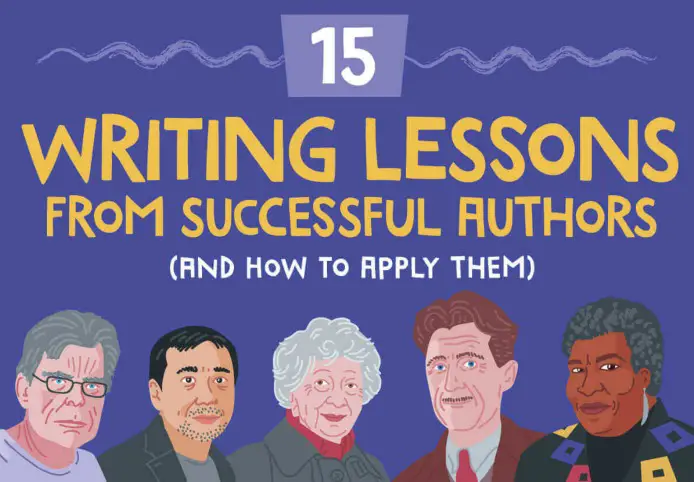Writing Tips
-
Write Like a Pro With These 15 Tips from Best Selling Authors
As every aspiring novelist knows, coming up with the ‘big’ ideas is…
-
Controlling Your Unconscious Bias While Writing
As a writer, your website is your own personal space to write…
-
Amazing Tips for Freelancers to Create Videos with iMovie Software
By 2022, video content will account for over 80% of all web…
-
Writing Tips: Don’t Make a Big Thing Out of Writer’s Block
You know that feeling. You check your word count and you still…
-
Thinking of Becoming a Multi-Channel E-Commerce Copywriter? Here’s What You Need to Know.
Freelance writers are often encouraged to find a niche. By focusing on…
-
Tips to Write Copy for E-commerce Websites
Writing copy for e-commerce websites in itself is a challenge for copywriters.…
-
A 10-Step Guide to Writing a Compelling ICO White Paper
As interest in Initial Coin Offerings continues to grow, the market has…
-
7 SEO Copywriting Tips to Reach Your Target Audience
SEO copywriting involves optimizing web pages for the purpose of generating traffic.…
-
Learn Specialized Vocabulary and Take On Higher-Paying Gigs
Some of the best freelance writing jobs are specialized tasks, such as…









